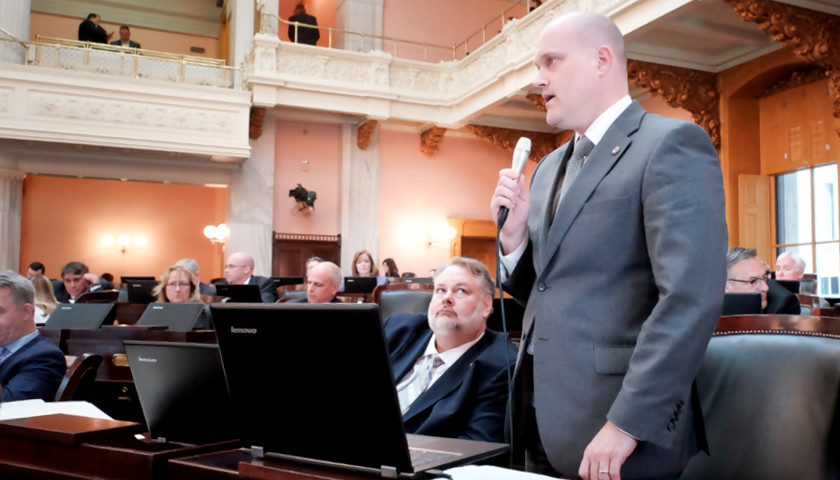Bills to ban ranked-choice voting are causing passionate debate over a method to cast ballots that some say is fairer and some say is confusing and could lower voter turnout.
Ranked-choice voting allows people to rank the candidates, with “one” being their favorite. The votes are tallied in rounds. After the first round, the candidate with the lowest votes is eliminated. The voter’s second preference is then added to the tally. The process continues until a winner is determined.
Read the full story







